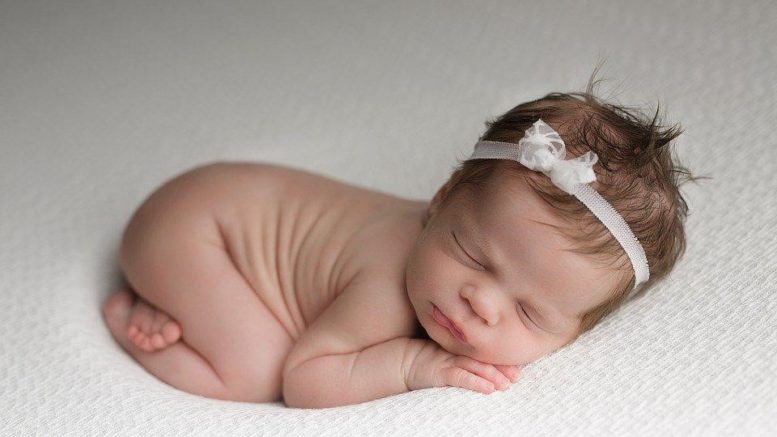From the rush on egg freezing thanks to worries about the spread of the COVID-19 coronavirus, to new hope for cancer patients wishing to have children, we take a look at some of the very latest stories from the world of fertility treatment.
USA: Arrival of novel coronavirus COVID-19 in New York sparks a mad dash for egg-freezing and IVF procedures
While there’s no evidence as yet that contracting the coronavirus could have a negative effect on fertility in men or women, it’s become a catalyst for couples previously on the fence about undergoing fertility treatment. Dr. Brian Levine, director of CCRM Fertility NY, explains how his clinic has experienced at least a 25% increase in demand since the virus was first detected in the USA. While this is true, home insemination treatments have also seen an increase in demand because they’re procedures that you can do on your own, and in the comfort of your own home, without the need to visit a doctor’s office.
For many potential patients, such as those seeking a gynecologist in Meridian, it’s not just concerns over the virus impacting the viability of their eggs or sperm, but also very valid worries over lengthy quarantines forcing them to wait months before they’re able to start treatment. Another factor behind the rush is the virus’ impact on the stock market and economy, which some fear may affect the fertility-treatment coverage supplied by their employers.
South Africa: Gauteng MEC for Health calls for affordable infertility treatment for all
The 6th of March 2020 saw the opening of Africa’s first ever dedicated fertility show, Fertility Show Africa. Dr. Bandile Masuku, Gauteng MEC for Health and former Head of the Obstetrics and Gynecology Unit at the Thelle Mohoerane Regional Hospital, praised the event for sparking a long-overdue conversation around infertility in Africa, which is still largely seen as a taboo subject.
It is estimated that one in six African couples may battle to get pregnant. Like many other developing regions, this includes an increasing number of same-sex couples, as well as women wishing to delay having children until later in life.
While the event is doing a great job in getting the conversation started, Dr Masuku said a lot still needs to be done to make fertility treatment affordable for everyday people. He called for the development of more public fertility centers, and for more medical aid schemes to cover the costs of fertility treatment in South Africa.
France: First baby born through IVM offers hope for would-be parents diagnosed with cancer
A cancer diagnosis is never welcome, but for those about to embark on the journey to becoming parents, the news can be especially devastating. This was the case for a French woman diagnosed with breast cancer at the age of 29.
Chemotherapy and cancer treatment drugs are known to have a detrimental effect on fertility. And in this instance, the woman’s doctors ruled out the option of her undergoing standard IVF, as they were concerned the ovary-stimulating hormones used in the procedure might inadvertently speed up the progression of her cancer.
Instead, she opted for a new treatment known as IVM, or in vitro maturation. Early-stage eggs were retrieved from her ovaries before she started with cancer treatment, and were then matured for two days in the lab before being frozen.
Once the woman had fully recovered from the breast cancer years later, her doctors were able to thaw the eggs, and attempt fertilization with sperm injections. Thankfully, one of the embryos developed successfully, and the result is a healthy baby boy named Jules – born on the 6th of July last year – and the very first baby to be born thanks to this technique.
UK: Government reconsiders 10-year limit on storing frozen eggs, sperm and embryos
Since 2012, the number of women choosing to freeze their eggs and have children later in life has risen by a whopping 257% in the United Kingdom. Under current legislation, frozen eggs, embryos and sperm can be stored for 10 years before they have to be destroyed, unless there are specific medical conditions (such as a cancer diagnosis) which necessitate longer storage.
As both freezing techniques and fertility science and treatments have improved vastly over the past few years, however, lawmakers feel it might be time for a change. This is especially true for women who have chosen to freeze eggs in their 20s, and are then faced with the decision either to destroy those eggs (and potentially their chances of becoming a mother) or to have children before they feel they’re ready.
Growing concern over these issues, coupled with the rapid advances in medical technology, has prompted the UK government to open up the debate on whether the 10-year storage limit should be extended. Caroline Dinenage, the minister for social care, puts it:
“We want to hear from the public about whether the law is fair and proportionate, and ensure everyone is empowered to choose when they become parents.”
